Podcast: Play in new window | Download
Subscribe: RSS
“The victim mindset dilutes the human potential. By not accepting personal responsibility for our circumstances, we greatly reduce our power to change them.”
― Steve Maraboli
Personal accountability is about acting in alignment and doing what we say we’re going to do. It truly is about taking 100% responsibility for one’s own actions. By taking personal accountability, you are taking steps to improve yourself as a leader – a leader that people can know and like as well as trust. You can always recognize someone who is not accountable for their actions by listening to their language. People who are not accountable for their actions play the victim role. These are the people who tend to ignore or deny their involvement in the part of a situation. They tend to blame or complain about others as to why they’re not getting the results that they want. They explained all the reasons why they shouldn’t be held accountable for their actions or the results achieved. If you really want to get the results you say you want, your greatest success weapon is about becoming and accountable leader.
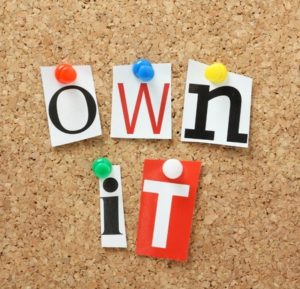 Being accountable isn’t always easy. There’s increased responsibility and expectations on ourselves to achieve more. If you are consistent and work hard, you will often end up achieving more than you believe possible. The impossible became possible when people took the necessary actions steps consistently to get to where they want to go. Being accountable can position you to feel unstoppable. You will learn to trust yourself and your abilities for getting those results. The other day I briefly watched a segment of @garyvee (Gary Vaynerchuk) and he said that most people are walking around like they’re coming back. This struck a chord with me. It may be due to my nursing background and having held a baby after its first breath and also holding the hand of someone who is dying and takes their last. Life is too short to not put in 100% effort. People tend to be scared of that accountability factor maybe because they think someone’s checking up on them. The only person checking up on you is yourself and holding yourself to a higher standard.
Being accountable isn’t always easy. There’s increased responsibility and expectations on ourselves to achieve more. If you are consistent and work hard, you will often end up achieving more than you believe possible. The impossible became possible when people took the necessary actions steps consistently to get to where they want to go. Being accountable can position you to feel unstoppable. You will learn to trust yourself and your abilities for getting those results. The other day I briefly watched a segment of @garyvee (Gary Vaynerchuk) and he said that most people are walking around like they’re coming back. This struck a chord with me. It may be due to my nursing background and having held a baby after its first breath and also holding the hand of someone who is dying and takes their last. Life is too short to not put in 100% effort. People tend to be scared of that accountability factor maybe because they think someone’s checking up on them. The only person checking up on you is yourself and holding yourself to a higher standard.
 When you hold yourself accountable, you realize that you need to start making decisions with intention. Every decision you make has an outcome. The results you see around you are based on the decisions you have made so far. If you don’t like what you see, you need to start making different choices. Your choices might include taking a course in gaining more knowledge, reaching out and asking for help, going to a networking event and building the relationships around you, and providing feedback to your team so they can improve. If you hold yourself back from being the best that you can be, you will fall short and may even fail just because you weren’t willing to take responsibility for the actions that you took.
When you hold yourself accountable, you realize that you need to start making decisions with intention. Every decision you make has an outcome. The results you see around you are based on the decisions you have made so far. If you don’t like what you see, you need to start making different choices. Your choices might include taking a course in gaining more knowledge, reaching out and asking for help, going to a networking event and building the relationships around you, and providing feedback to your team so they can improve. If you hold yourself back from being the best that you can be, you will fall short and may even fail just because you weren’t willing to take responsibility for the actions that you took.
Being a victim of your circumstances is a choice. You can choose to respond or you can choose to react to any situation. Those who play the victim are often reactive by placing blame and getting angry without doing any or self-reflection on their role in the situation. If you catch yourself going into the victim’s state, you can always stop and reframe the situation and choose to become more responsive. In the problem shows up, don’t ignore it and pretend it’s not there think about how you can solve it versus resist it. Is there a chance that you can make a mistake? Absolutely! Maya Angelou said, “When you know better, you do better.” You can always course correct do not let the fear of making a mistake holds you back from making potentially the greatest leap forward.
When you start owning your stuff by being accountable for your actions, you will be able to be successful in pushing through the challenges you face. When you don’t, you begin to resent others and people will have a hard time trusting you. You need to begin by taking charge of who you are and how you wish to show up. One of the things that I noticed is a leader is that often people do not realize that they have the power to be part of significant change because they have a choice to engage or not engage in their environment. Individuals need to realize how much power they actually have to get the results they envision. When they start sharing that vision with others, other people in the group may also offer ideas and solutions to make them become reality. The employee tends to be more engaged because they were part of the solution.
In order to be an accountable leader, you need to be open to a new perspective and challenge your own assumptions. When I teach emotional intelligence, it’s all about becoming self-aware and taking responsibility for our thoughts, feelings, and the actions we take. You need to be aware of self-limiting beliefs as well as your own flaws of perfectionism and even procrastination. These are forms of resistance in preventing you from being accountable for your actions. Perfection can delay results and procrastination may mean that you never get started.
As a coach, I have been able to recognize when someone is spiraling into a victim mentality. I always find it interesting that we can see the potential in others before we see the potential in ourselves. The individuals that I have coached are great leaders bursting out and stepping into their greatness. Some of the roadblocks that they face tend to be more internal than external. They have self-limiting beliefs and self-doubt about their ability to accomplish what they set their mind to. Asking for help is considered to be a strength and it helps you examine what needs to improve to get you to where you want to go. Your mindset is a key part of defining some of the actions that you’re going to take. If you don’t believe something is possible, you’re not going to take actions that organize support you and therefore not get the results that you want. If you don’t believe you deserve something, again you’ll find ways to self-sabotage getting the results that you want. Pay attention to what is going on in your mind because it impacting the actions you take.
You won’t be disappointed by taking accountability for your actions. You will gain respect and trust as being someone who walks their talk. You will start getting the results that you truly want instead of looking out toward for success on the outside you’ll realize that success begins with you. The richness of your life and your business or organization starts with you.
“If you could kick the person in the pants responsible for most of your trouble, you wouldn’t sit for a month.”
― Theodore Roosevelt
We would love to have you subscribed to the Success Secrets newsletter on my website at www.debrakasowski.com where you’re going to get us free MP3 download 10 Surefire Strategies to Power Up Your Productivity and Performance. I would love to hear about this podcast has impacted your life. E-mail me at Debra@DebraKasowski.com. Thank you for listening to The Millionaire Woman Show where we talk about leadership, business, and human potential to help you live rich from the inside out. Subscribe to The Millionaire Woman Show. Share it with Your Friends. Give us a 5-star rating!
DEBRA KASOWSKI, BScN CEC is an award-winning best-selling author, transformational speaker, blogger, and Certified Executive Coach. She has a heart of a teacher and is certified in Appreciative Inquiry and Emotional Intelligence. Her writing has been published in a variety of print and online magazines. Debra Kasowski International helps executives, entrepreneurs, and organizations boost their productivity, performance, and profits. It all starts with people and passion. Sign up the Success Secrets Newsletter and get your free mp3 download today! www.debrakasowski.com
Time: 11:08 min
Keywords: holding yourself accountable, accountability, accountable, podcast, being an accountable leader, taking responsibility, victim mentality, coaching, choice, decision making, accountability partner

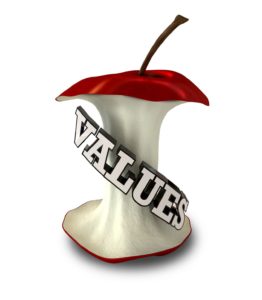
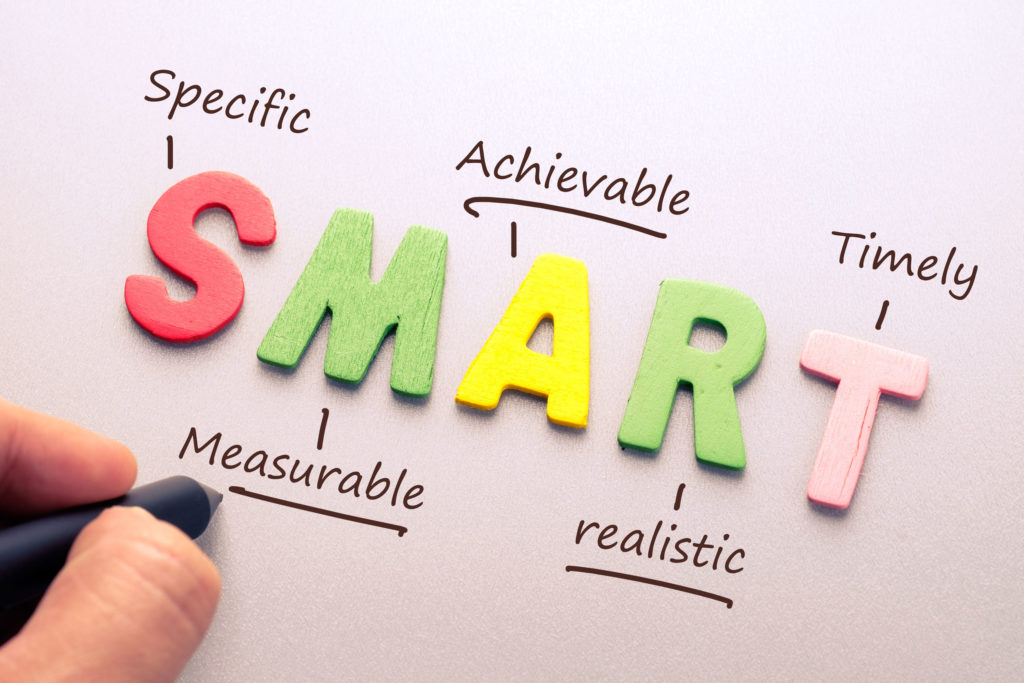
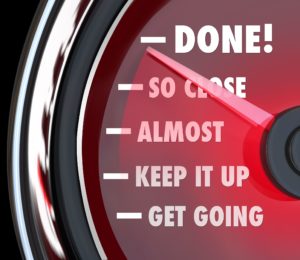

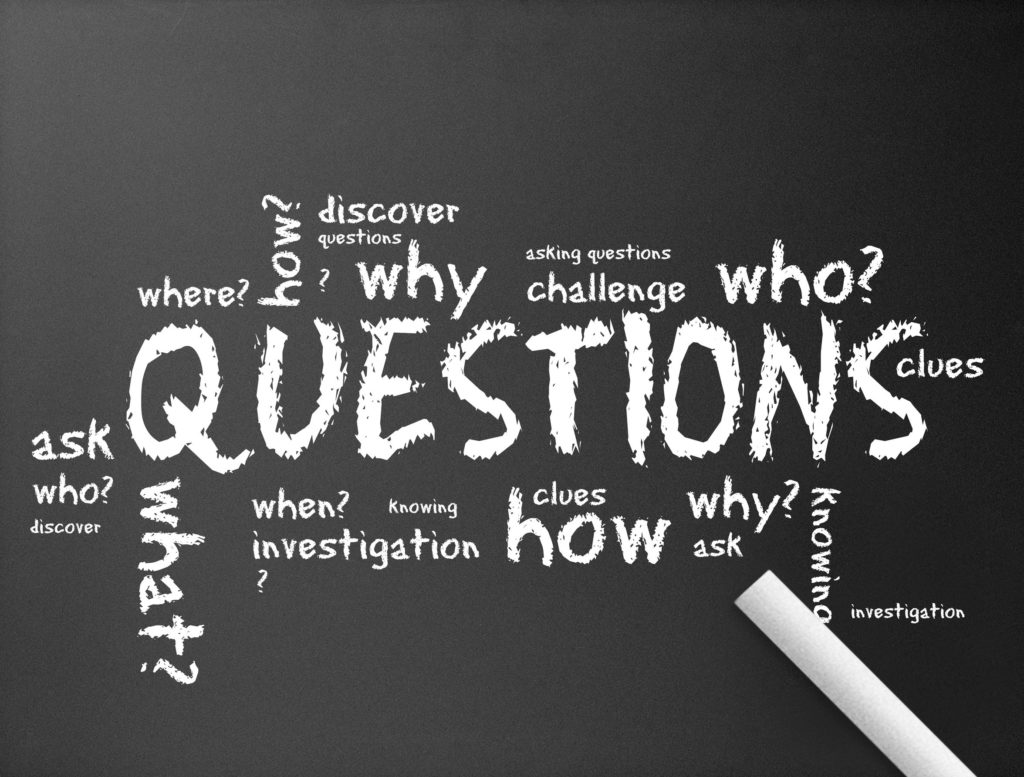 Don’t let the fear of asking questions hold you back from getting the answers you need to make a decision. People naturally want to help others and your questions may even help them think about better solutions and different actions that can be taken.
Don’t let the fear of asking questions hold you back from getting the answers you need to make a decision. People naturally want to help others and your questions may even help them think about better solutions and different actions that can be taken.
